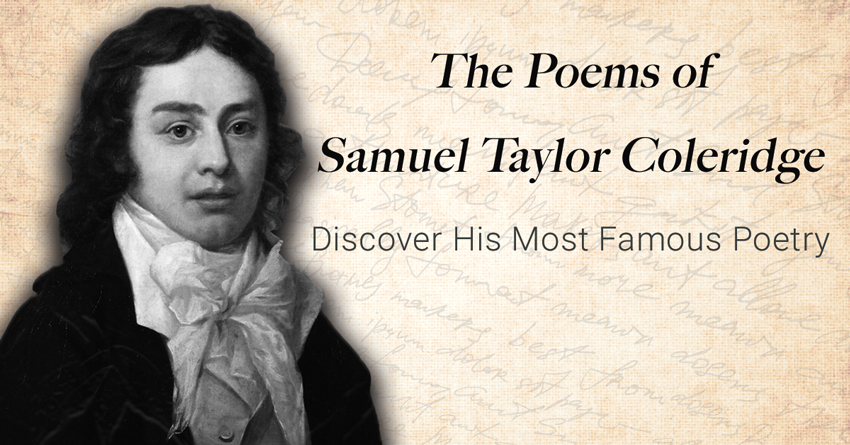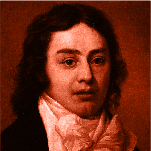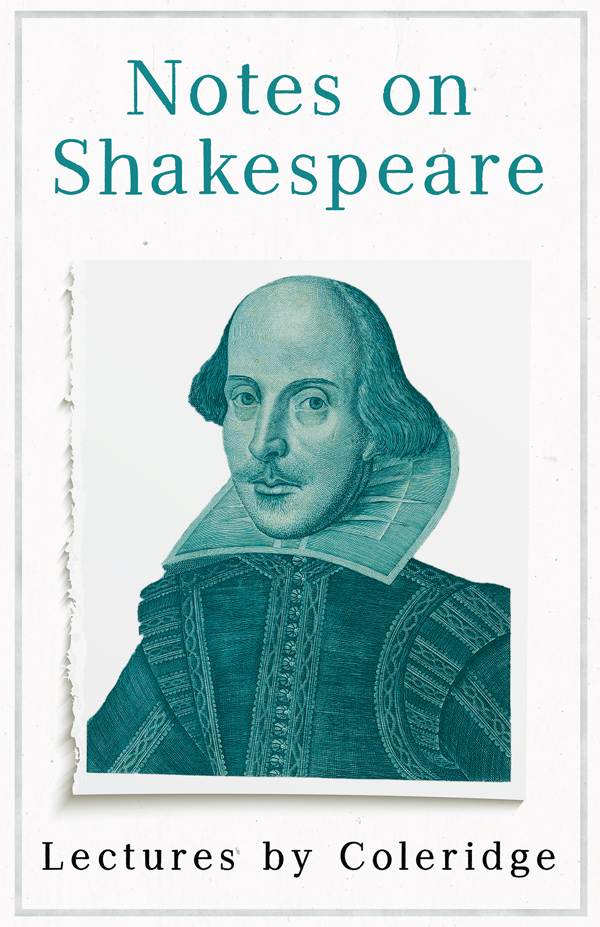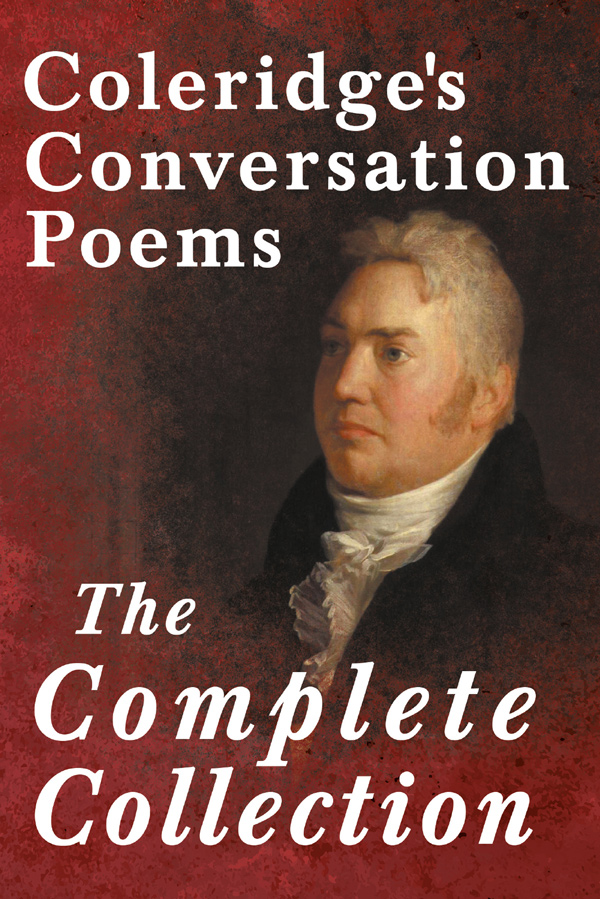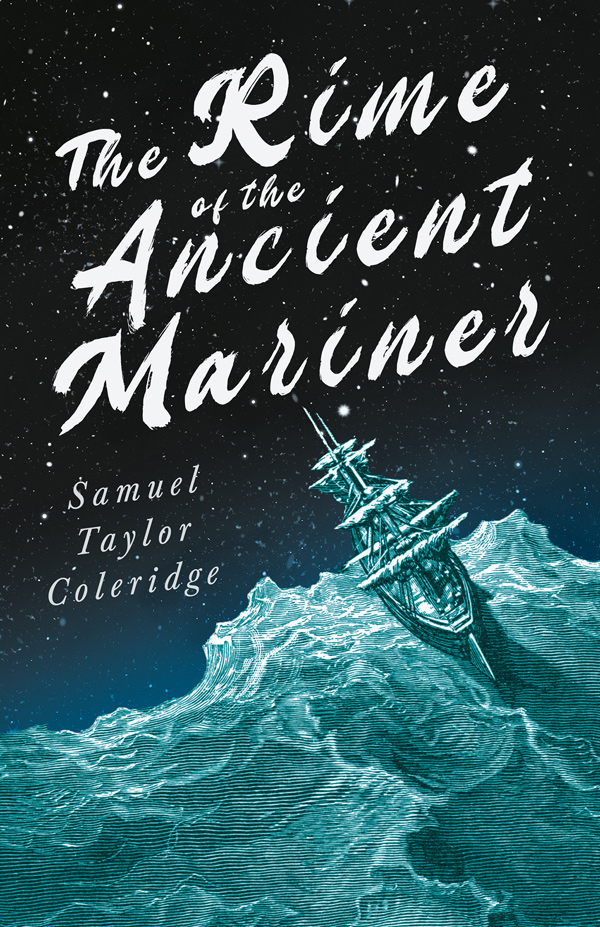Samuel Taylor Coleridge’s famous poems have withstood the test of time, with him still regarded as one of the best poets of the Romantic era.
Discover a list of seven of his most famous poems below, from the seminal The Rime of the Ancient Mariner to the opium-induced classic Kubla Khan.
“Poetry: the best words in the best order.”
—Samuel Taylor Coleridge (1772–1834)
Samuel Taylor Coleridge Famous Poems
The Rime of the Ancient Mariner
Arguably Samuel Taylor Coleridge’s most famous poem, The Rime of the Ancient Mariner is more of a story than a poem. The plot follows three guests who were on their way to a wedding when one of them gets stopped by a Mariner who proceeds to tell his woeful tale…
It is an ancient Mariner,
And he stoppeth one of three.
‘By thy long grey beard and glittering eye,
Now wherefore stopp’st thou me?
The Bridegroom’s doors are opened wide,
And I am next of kin;
The guests are met, the feast is set:
May’st hear the merry din.’
He holds him with his skinny hand,
‘There was a ship,’ quoth he.
‘Hold off! unhand me, grey-beard loon!’
Eftsoons his hand dropt he.
Frost at Midnight
A key theme in Romantic poetry is that of nature and man’s spiritual connection. Coleridge’s poem Frost at Midnight is a fine example of this in practice. In the poem, Coleridge pairs poetic composition with the beautiful appearance of frost crystals on a windowpane and ‘explores how the individual mind mirrors the natural world‘, focussing on repeating elements present in both thought and frost.
The Frost performs its secret ministry,
Unhelped by any wind. The owlet’s cry
Came loud—and hark, again! loud as before.
The inmates of my cottage, all at rest,
Have left me to that solitude, which suits
Abstruser musings: save that at my side
My cradled infant slumbers peacefully.
‘Tis calm indeed! so calm, that it disturbs
And vexes meditation with its strange
And extreme silentness. Sea, hill, and wood,
This populous village! Sea, and hill, and wood,
With all the numberless goings-on of life,
Inaudible as dreams! the thin blue flame
Lies on my low-burnt fire, and quivers not;
Only that film, which fluttered on the grate,
Kubla Khan
It is known that Coleridge wrote one of his most famous poems, Kubla Khan when waking up from an opium-induced sleep. His fantastical dreams were the inspiration for what is now regarded as one of his best pieces of work, although the version that remains was much shorter than originally intended after he was interrupted while writing.
In Xanadu did Kubla Khan
A stately pleasure-dome decree:
Where Alph, the sacred river, ran
Through caverns measureless to man
Down to a sunless sea.
So twice five miles of fertile ground
With walls and towers were girdled round;
And there were gardens bright with sinuous rills,
Where blossomed many an incense-bearing tree;
And here were forests ancient as the hills,
Enfolding sunny spots of greenery.
Dejection: An Ode
Written in 1802, this poem by Samuel Taylor Coleridge was originally written to his supposed lover, Sara Hutchinson. In its original form, Coleridge discusses his feelings for this woman who was not his wife, however, in later published versions the personal feelings and mention of Sara Hutchinson have been removed.
Late, late yestreen I saw the new Moon,
With the old Moon in her arms;
And I fear, I fear, my Master dear!
We shall have a deadly storm.
(Ballad of Sir Patrick Spence)
I
Well! If the Bard was weather-wise, who made
The grand old ballad of Sir Patrick Spence,
This night, so tranquil now, will not go hence
Unroused by winds, that ply a busier trade
Than those which mould yon cloud in lazy flakes,
Or the dull sobbing draft, that moans and rakes
Upon the strings of this Æolian lute,
Which better far were mute.
For lo! the New-moon winter-bright!
And overspread with phantom light,
(With swimming phantom light o’erspread
But rimmed and circled by a silver thread)
Christabel
This poem by Coleridge is an unfinished ballad, first published in the collection Christabel; Kubla Khan, A Vision; The Pains of Sleep (1816). In it, Coleridge is trying to show how ‘naked energy might be redeemed through contact with a spirit of innocent love.’
PART I
‘Tis the middle of night by the castle clock,
And the owls have awakened the crowing cock;
Tu—whit! Tu—whoo!
And hark, again! the crowing cock,
How drowsily it crew.
Sir Leoline, the Baron rich,
Hath a toothless mastiff bitch;
From her kennel beneath the rock
She maketh answer to the clock,
Four for the quarters, and twelve for the hour;
Ever and aye, by shine and shower,
Sixteen short howls, not over loud;
Some say, she sees my lady’s shroud.
This Lime-tree Bower my Prison
During the summer of 1797, Coleridge and his wife were staying with members of the Lake Poets, including William and Dorothy Wordsworth, Charles Lamb and Thomas Poole. The group went on an outing leaving Coleridge alone at Poole’s property due to a foot injury. Coleridge wrote This Lime-Tree Bower My Prison during this time of seclusion in his favourite position on Poole’s land under a lime tree.
[Addressed to Charles Lamb, of the India House, London]
Well, they are gone, and here must I remain,
This lime-tree bower my prison! I have lost
Beauties and feelings, such as would have been
Most sweet to my remembrance even when age
Had dimm’d mine eyes to blindness! They, meanwhile,
Friends, whom I never more may meet again,
On springy heath, along the hill-top edge,
Wander in gladness, and wind down, perchance,
To that still roaring dell, of which I told;
The roaring dell, o’erwooded, narrow, deep,
And only speckled by the mid-day sun;
Love
In this twenty-four stanza poem, Coleridge details the physical and emotional relationship between a speaker and the woman (Genevieve) he ‘woos’ through his storytelling. Love is one of his most beautiful love poems with obvious themes of love, adoration, guilt and matrimony.
All thoughts, all passions, all delights,
Whatever stirs this mortal frame,
All are but ministers of Love,
And feed his sacred flame.
Oft in my waking dreams do I
Live o’er again that happy hour,
When midway on the mount I lay,
Beside the ruined tower.
The moonshine, stealing o’er the scene
Had blended with the lights of eve;
And she was there, my hope, my joy,
My own dear Genevieve!
Poet, philosopher, and critic, son of the Rev. John C., vicar and schoolmaster of Ottery St. Mary, Devonshire, Samuel Taylor Coleridge was born there in 1772 and was the youngest of 13 children.

